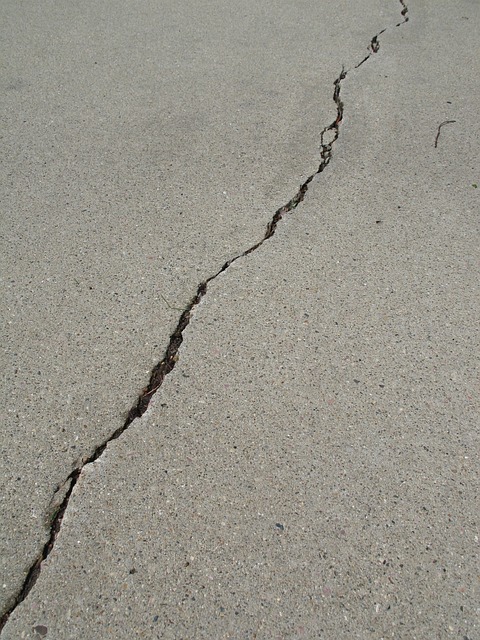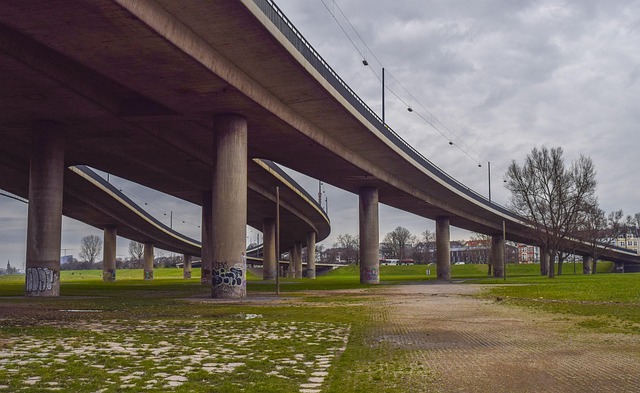Custom driveway installation offers diverse material options like concrete, asphalt, or stone, each with unique benefits and maintenance considerations. The process begins with thorough planning, design, excavation, and base preparation, followed by laying pavement, drainage systems, and finishing. This investment enhances aesthetics, property value, and safety for both residential and commercial properties. Regular maintenance, including cleaning, sealing, inspections, and repairs, is crucial to extend the lifespan of any driveway.
“Transform your outdoor space with a custom driveway installation—a strategic upgrade for both residential and commercial properties. This comprehensive guide explores the art of driveway paving, from understanding the diverse types and materials to the step-by-step process behind creating a durable, aesthetically pleasing surface. We delve into the benefits, considerations, and maintenance practices ensuring longevity. Whether enhancing your home’s curb appeal or improving accessibility for businesses, this article offers valuable insights into the world of custom driveway installation.”
- Understanding Driveway Paving: Types and Materials
- The Process of Custom Driveway Installation
- Benefits and Considerations for Residential and Commercial Spaces
- Maintenance and Longevity: Ensuring Your Driveway's Durability
Understanding Driveway Paving: Types and Materials

Driveway paving is a significant investment for any property owner, whether it’s for residential or commercial spaces. When considering a new driveway installation, understanding the types and materials available is crucial. Custom driveway installation offers a wide array of options to suit different tastes, budgets, and functional needs.
Common paving materials include concrete, asphalt, and stone. Each material has its unique characteristics. Concrete driveways are durable and low-maintenance but can be more expensive. Asphalt is versatile, affordable, and easy to repair, making it popular for both residential and commercial use. Stone driveways, on the other hand, offer a natural, aesthetically pleasing look but may require more upkeep. The choice ultimately depends on personal preference, climate conditions, and the desired level of maintenance.
The Process of Custom Driveway Installation

The process of a custom driveway installation begins with meticulous planning and design. Professionals will assess your property, taking into account factors like space, terrain, and style preferences to create a unique layout that complements your home or commercial building. This phase involves detailed measurements, material selections, and often, computer-aided design (CAD) to visualize the final result. Once approved, excavation starts to prepare the base, ensuring it meets the required specifications for a sturdy foundation.
Subsequent steps include laying down base materials like aggregate or compacted soil, followed by installing any necessary drainage systems to prevent water accumulation. The actual paving process involves carefully placing and smoothing the chosen pavement material – whether concrete, asphalt, or stone – according to the designed pattern. This requires skilled craftsmanship to achieve a level surface, ensuring the driveway’s longevity and aesthetic appeal. Finally, after curing and compaction, the driveway is sealed or finished, providing a durable, custom-tailored entrance to your property.
Benefits and Considerations for Residential and Commercial Spaces

Driveway paving is a significant investment, and it offers numerous advantages for both residential and commercial properties. When considering custom driveway installation, homeowners and business owners alike can expect improved aesthetics, increased property value, and enhanced safety. A well-paved driveway becomes an attractive feature, complementing the overall look of a home or building. For commercial spaces, it provides a professional first impression for clients and customers, setting a positive tone for interactions.
There are several key considerations to keep in mind. First, choose materials that align with your climate and traffic patterns. Commercial areas often require more durable options to withstand heavier vehicles and constant use. Second, consider the design—a custom driveway installation allows for unique patterns and textures, enhancing curb appeal. Lastly, ensure proper drainage to prevent water damage and erosion, a crucial aspect that contributes to the longevity of the paved surface.
Maintenance and Longevity: Ensuring Your Driveway's Durability

Regular maintenance is key to extending the lifespan of your driveway, regardless of whether it’s for residential or commercial use. A well-maintained driveway not only looks appealing but also ensures its structural integrity. This includes cleaning the surface regularly to remove debris and oil stains, which can weaken the pavement over time.
One effective practice is sealing the driveway after installation, especially with custom driveway installation services. Sealing protects against water penetration, preventing damage from frost heaves and expanding concrete. Additionally, periodic resealing can fill in small cracks and crevices, hindering weed growth and further deterioration. Regular inspection for larger cracks or uneven surfaces should also be part of your maintenance routine, allowing for prompt repair to avoid more extensive and costly fixes down the line.
In conclusion, choosing the right driveway paving material and opting for a custom driveway installation can significantly enhance both residential and commercial properties. The benefits extend beyond aesthetics, offering improved safety, increased property value, and reduced maintenance costs over time. By understanding the various types of materials and the installation process, homeowners and business owners alike can make informed decisions to ensure their driveways are not just functional but also durable and visually appealing.
